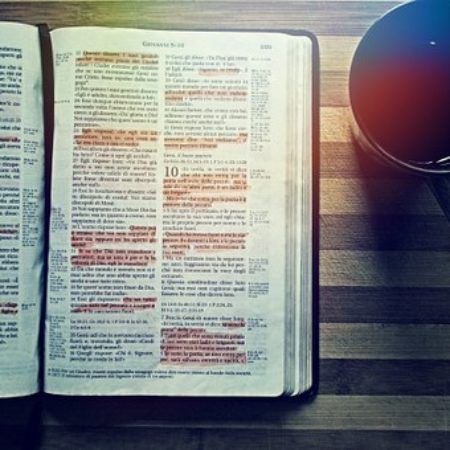Honestly, Samson is not a very attractive character. He is brash, presumptive, impulsive, and driven by fleshly desires. But there is encouragement in his story. God can (and does) use and empower his servants, even those with obvious faults and who are frequently disobedient. Notice how many times God’s Spirit rushes upon Samson, most often so that he would be able to defeat the Philistines, the oppressors of God’s people (see 14:6, 14:19, 15:14, and inferred in 16:28). This same work of God (the Spirit rushing upon an individual) will carry over into the work of Israel’s first two kings, Saul (1 Samuel 11:6) and David (1 Samuel 16:13) as God empowers them to deliver Israel. Yesterday, as we considered Paul’s prayer for empowerment of the Ephesians in the sermon, we were reminded of this same fact. God empowers his church (despite the obvious failings of its members) to be his kingdom ambassadors, to proclaim the gospel, and to live lives that would glorify their king.
Chapter 16 concludes the account of Samson. As I mentioned in the last post, Samson’s hair was not the source of some magical power, but cutting his hair was the final violation of the Nazirite vow he had taken. Two concepts help us to see the focus of chapter 16: blind and bind. Samson was blinded by the Philistines and bound with shackles (16:21). What an accurate depiction of mankind’s default spiritual condition. For Samson, his blinding and binding was due to his own arrogance. For men and women, we are born blind to spiritual things and in bondage to sin as a result of the fall. The answer: Jesus! Jesus is the light who gives sight to the blind, not just physical sight but spiritual sight. And he is the bondage breaker, the one who sets his people free. Although Samson looks like a failure, in the end, he cried out to the Lord and delivered the nation in an act of self-sacrifice. He is even included in the great chapter of faith in the book of Hebrews (11:32). But ultimately, what Samson did imperfectly, Christ fulfilled completely. When Jesus announced his identity to the people of Nazareth in Luke 4:18ff, he explicitly declared that Isaiah’s prophecy had been fulfilled in their hearing, the prophecy that Messiah would come “to proclaim liberty to the captives and recovering of sight to the blind.” And it was his great act of self-sacrifice on the cross that made our deliverance a reality. Praise the Lord!


